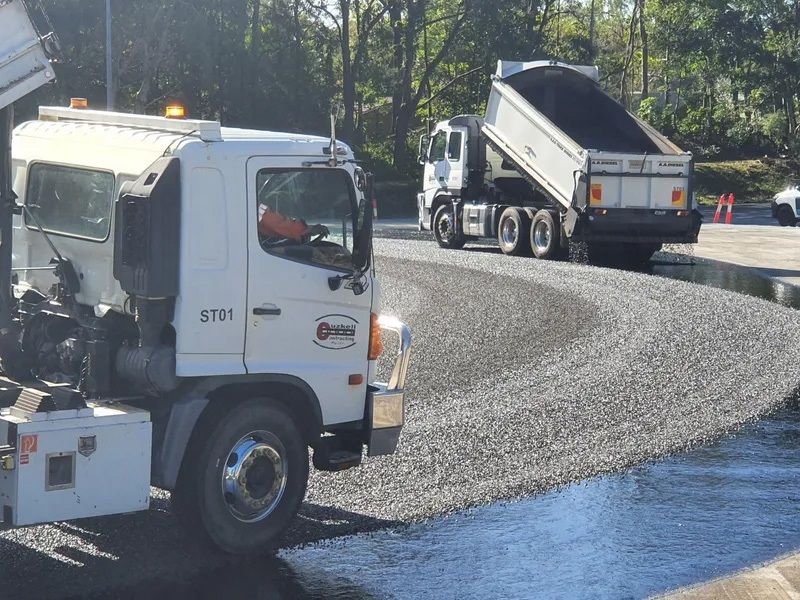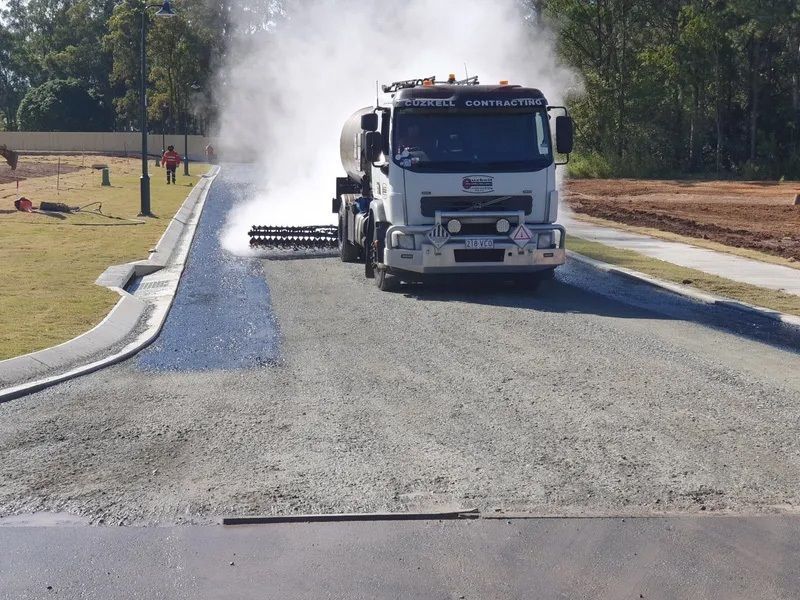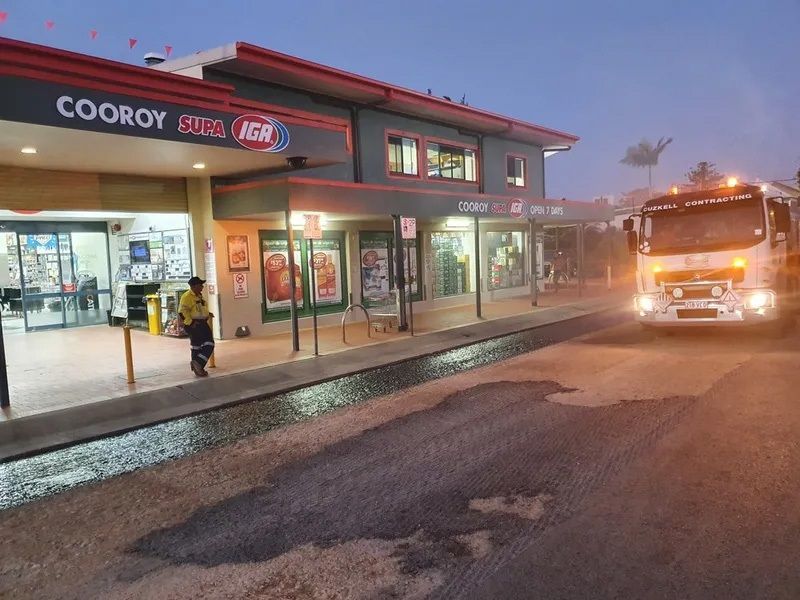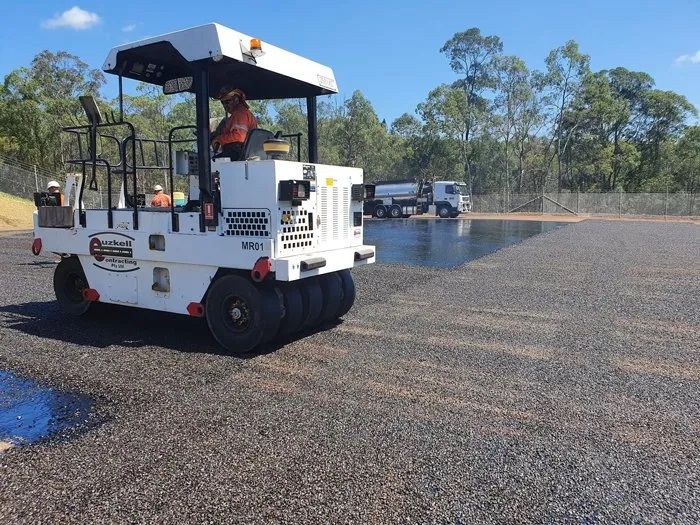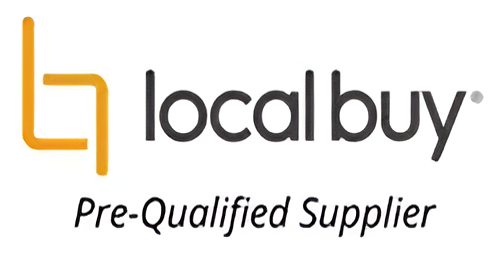Road Sealing in Hervey Bay
- Over 75 Years’ Experience – Skilled team with long-standing industry knowledge.
- Free, No-Obligation Quotes – Transparent pricing with no hidden costs.
- Servicing Civil & Private Projects – Tailored solutions for councils, contractors & homeowners.
Request a Call Back in Hervey Bay
Thank you for contacting Cuzkell Pty. Ltd.
We will be in touch soon.
Please try again later.
SERVICING POST CODES
Hervey Bay Road Sealing
Cuzkell Pty Ltd delivers practical road sealing services throughout Hervey Bay, Pialba, Burrum Heads, and surrounding areas, supporting projects of all sizes across residential, rural and civil sites. With a focus on surface preparation, bitumen application and reliable site management, our team works closely with local clients to deliver straightforward sealing outcomes that last. We handle both new sealing and resealing, and apply primer seals where needed to make sure surfaces are properly prepared before final application.
Our work spans access roads, car parks, driveways and infrastructure upgrades, with each job tailored to suit the site conditions. We also manage safety requirements, keeping work areas secure and operations compliant without unnecessary delays.
Whether you need to maintain an existing surface or finish a new one, we’ll work with you to plan and deliver the right solution. Call
(07) 5447 6619 to speak with the team and arrange a quote.
Sealing Services We Offer in Hervey Bay
Major Sealing & Reseals in Hervey Bay
We carry out major sealing and reseal projects in Hervey Bay, restoring or finishing surfaces with high-quality bitumen application and aggregate coverage. These services are suitable for worn roads or newly prepared areas needing long-term performance and protection. Our resealing work helps stabilise surfaces that are showing signs of wear, while major sealing provides a complete finish for newly constructed areas. All work is approached with care to ensure the surface holds up under local traffic conditions.
Primes & Primer Seals in Hervey Bay
Primer seals are used to create a stable, adhesive base before final bitumen is applied. In Hervey Bay, we use this method when working on newly formed or granular surfaces where a direct seal would not be effective. The primer layer reduces dust, helps moisture resistance and ensures that the final seal bonds properly. It’s a step that supports surface longevity, especially on projects with staged sealing or limited site access.
Safety in Hervey Bay
We take a practical, well-structured approach to safety on every Hervey Bay sealing project. This includes setting up clear work zones, using appropriate signage and ensuring all team members follow OH&S requirements. Whether working on a private driveway or a shared access road, we plan the job to minimise risk and disruption while keeping the worksite controlled and compliant from start to finish.
Frequently Asked Questions
What makes a surface ready for bitumen sealing?
A surface is ready for sealing when it is well-compacted, free of loose material and appropriately graded for drainage. If the base is too soft or uneven, sealing may not bind effectively, leading to surface issues later on. Preparation often includes trimming, compacting, cleaning and sometimes applying a primer seal before the bitumen is laid.
What causes sealed surfaces to fail prematurely?
Premature failure of a sealed surface can result from poor preparation, incorrect material application, or exposure to traffic before curing. Inadequate compaction of the base, missed repairs to cracks or potholes, or skipping a necessary primer seal can all compromise the final result. Weather conditions also play a role—sealing during high humidity or rain can prevent the bitumen from bonding properly. Taking time to plan and prep the site correctly helps avoid these issues and ensures a longer-lasting finish.
What happens if a sealed surface is exposed to traffic too soon?
Early traffic can cause aggregate to shift, indentations to form or the bitumen to cure unevenly. In some cases, this leads to premature wear or the need for spot repairs. To avoid this, access is usually restricted until the surface has had enough time to stabilise and embed properly.
